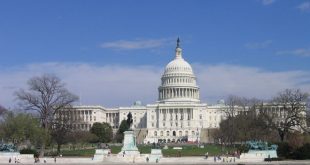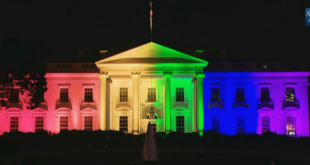 While working a summer job during college in the early 1990s, I met a law student named Darryl. We became fast friends, eating lunch together most days and sometimes grabbing a beer after work. Darryl came from a prominent local black family with a history of public service. We shared an interest in politics and criminal-justice reform and spent hours that summer discussing issues such as policing, drug policies and the death penalty.
While working a summer job during college in the early 1990s, I met a law student named Darryl. We became fast friends, eating lunch together most days and sometimes grabbing a beer after work. Darryl came from a prominent local black family with a history of public service. We shared an interest in politics and criminal-justice reform and spent hours that summer discussing issues such as policing, drug policies and the death penalty.
After graduating from law school, Darryl took a job as a local prosecutor but wound up hating the work. He told me that he seemed to spend all day, every day prosecuting young black men. I asked him what he expected when he took the position, and he said he didn’t expect it to have the emotional effect it did. He didn’t doubt the guilt of the defendants or believe that these young men found themselves in this situation by dint of some racist conspiracy, but the work just wasn’t for him. He was deeply uncomfortable with his role in the state penal system. After only a couple of years, he left to become an assistant U.S. attorney.
I thought about Darryl while reading the new book “Locking Up Our Own: Crime and Punishment in Black America,” by James Forman Jr., a professor at Yale Law School. Before joining the academy, the author spent six years working as a public defender in Washington, and he vividly describes the world that my friend had quit.
While leaving court one day in the mid-’90s after defending a 15-year-old client named Brandon on gun and drug charges, a “racial reality” dawns on Mr. Forman. “It wasn’t only Brandon and the other young men in the cellblock who were black,” writes Mr. Forman. “So was everybody in the courtroom—not just the judge, but the court reporter, the bailiff, and the juvenile prosecutor. So was the police officer who had arrested Brandon, not to mention the police chief and the mayor. Even the building we were in—the H. Carl Moultrie I Courthouse, named after the city’s first black chief judge—was a reminder of the African American influence on D.C.’s legal system.”
Read the full article at the Wall Street Journal.
Photo credit: By Tony Webster – Own work, CC BY-SA 4.0, Wikimedia Commons
 Black Community News News and Commentary for Christians
Black Community News News and Commentary for Christians



